Reject race-based ‘poison’, privilege the Indigenous voice to parliament will deliver
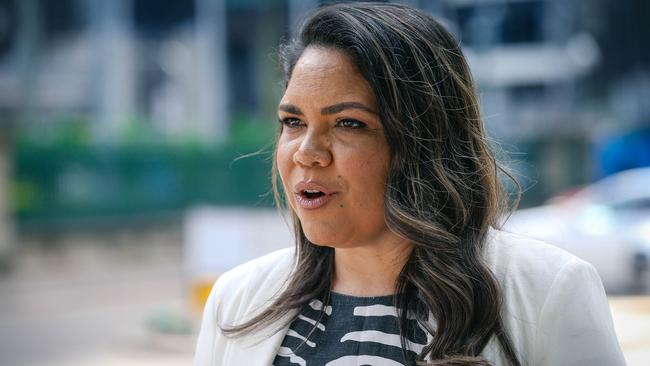
I seek no privilege, right or obligation of citizenship not available to every Australian. I do claim, for myself and my descendants, every opportunity to participate in civic life. This is the ethic of conviction.
Using sectarian ancestry as the organising principle to add a chapter to the nation’s foundational governance document will inject the poison of race-based preferential access to parliament and government into the heart of the body politic.
In a curious juxtaposition, the US Supreme Court struck down race-based affirmative action policies in university admissions. Against efforts under way at de-racialising America, the Albanese government is bent on re-racialising Australia. I suspect most Australians do not realise the US suit was brought by Asian-Americans who have been the biggest victims of Harvard’s discriminatory admissions policies.
The ethic of conviction also rejects the soft bigotry of low expectations that cannot conceive of Aboriginal Australians as anything but dependent wards of the state. In 2007, US Chief Justice John Roberts argued: “The way to stop discrimination on the basis of race is to stop discriminating on the basis of race.” The best way to harden and institutionalise racial identity is to carve it into the Constitution.
Hundreds of millions of people around the world are born into all manner of disadvantage. Some allow themselves to be sucked into a self-destructive cycle of victimhood and grievance; others resign themselves to a lifetime of disadvantage; but some, trapped in identical circumstances, apply themselves to escape the cycle through education, skills, ambition and application.
The number of successful Indigenous people across all sectors of Australian life has been growing. That is as much a reality of modern Australia as the persistent disadvantages and sorry statistics that continue to define Aboriginal life as “nasty, brutish and short”. Aboriginal leaders should forget the cheese of a voice and instead focus on escaping the trap of grievance-fuelling victimhood.
The first component of the ethic of consequences is a “sin of omission”. The overriding goal of the voice should be the difference it will make on the ground, not making us feel virtuous the morning after the referendum. Yet it will deliver no practical outcomes. I am yet to hear anyone describe a single effective, or even potentially effective, measure that cannot be implemented now by government without the voice, or one that will be helped in any form with the voice. Australians are familiar with the litany of failures afflicting Aboriginal communities. The voice will make little practical difference in remote communities to the metrics of life expectancy, literacy, housing, violence, incarceration rates, suicide rates, community safety and so on.
Most Australians would actively and wholeheartedly support practical and effective measures to bring an end to this woeful pathology. Entrenching the voice in the Constitution is a cynical ploy to substitute symbolism for substance, to codify both an alibi for inaction on the government’s part and the sense of grievance on Indigenous Australians’ part.
The ethic of consequences argues even more strongly on “sins of commission”. The harms the voice will cause to Australia will be many, substantial and long-lasting. The proposal has already caused polarisation and bitterness, dividing Aboriginal spokespeople, constitutional lawyers, jurists and citizens. Going by experience elsewhere, power, resources and influence will be concentrated in an elite dependent for continued existence and expanded power and resources on identifying ongoing disadvantage and grievance.
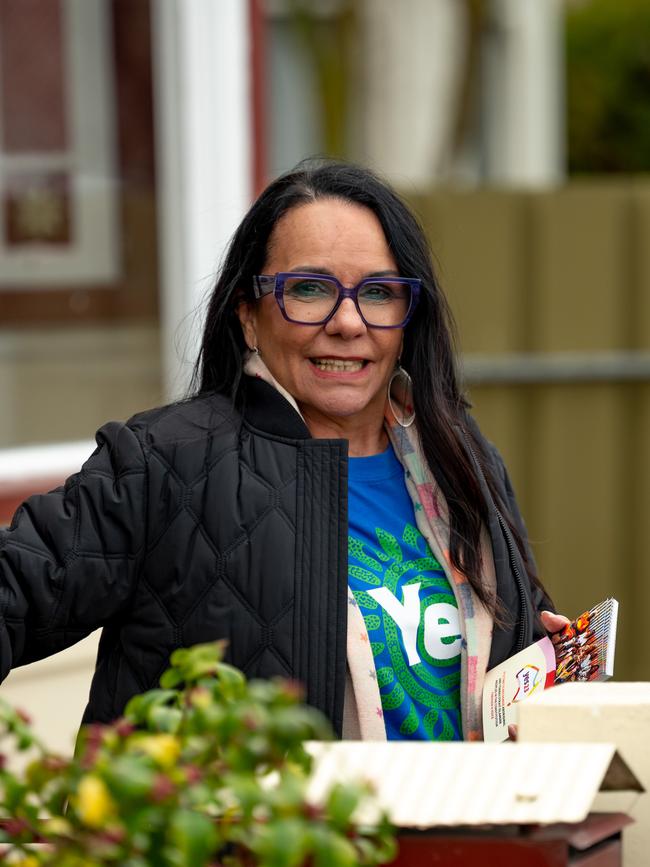
It will vastly complicate Australia’s challenge of effective and timely governance in the national interest for the common good. It will risk governmental paralysis, be complex in its bureaucratic sprawl, attract grifters and rent-seekers, prove costly in implementation and heighten disconnection and disenchantment on the ground.
The most powerful tool yet invented to make any governance problem permanent is to give it its own permanent bureaucracy.
That’s how bureaucracies work. Just look at how the DIE (diversity, inclusiveness and equity) industry has insinuated itself into every institution in the public and educational sectors, businesses, media and even sporting codes.
Polls indicate moral intimidation by the self-appointed custodians of public virtue to shame Australians into voting yes isn’t working. In part this is because the sales assistants are not on top of their game. Linda Burney is no match for the hard-hitting intellectual firepower and cut-through messaging skills of Jacinta Nampijinpa Price.
The sales pitch is also deeply flawed, riddled with confusion and mixed messages. How would another body solve Aboriginal disadvantages when all existing bodies with a $30bn combined annual budget have failed? At a time of falling trust in politicians, Anthony Albanese wants voters to sign on the dotted line and trust politicians to fill in the blanks later. To keep faith with Aboriginal people demanding a voice with punch, he assures them it will be meaningful and substantive. To allay concerns in the broader community, he insists it will be modest and symbolic.
Mostly, however, public support is slipping because the product itself is flawed. Its major effects will be to entrench identity politics, make Australia a more racially divided society, empower a new bureaucracy, make the task of governing more complicated, cumbersome and litigious, give oxygen to radicals making more extreme demands – and all for little practical gain in the daily lives of the vast majority of Aborigines.
The voice speaks not to all Australians’ better angels but to some white Australians’ guilt complex. Permanently codifying racial grievance into the Constitution will guarantee it is weaponised and monetised sometime in the future by activists making increasingly radical demands and stoking resentment and backlash. If approved, the voice will not mark the end of a successful process of reconciliation but the beginning of fresh claims for co-sovereignty, treaty and reparations, using the Constitution’s authority as the enabling mechanism.
Ramesh Thakur is emeritus professor at ANU’s Crawford School of Public Policy and is a former UN assistant secretary-general.

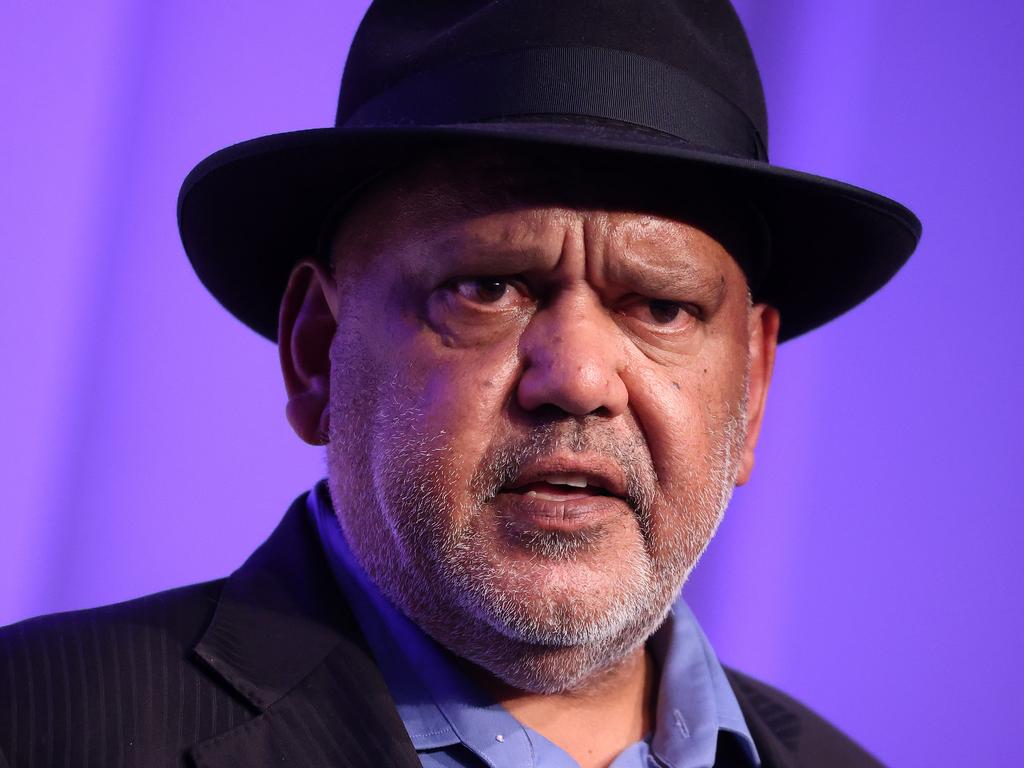
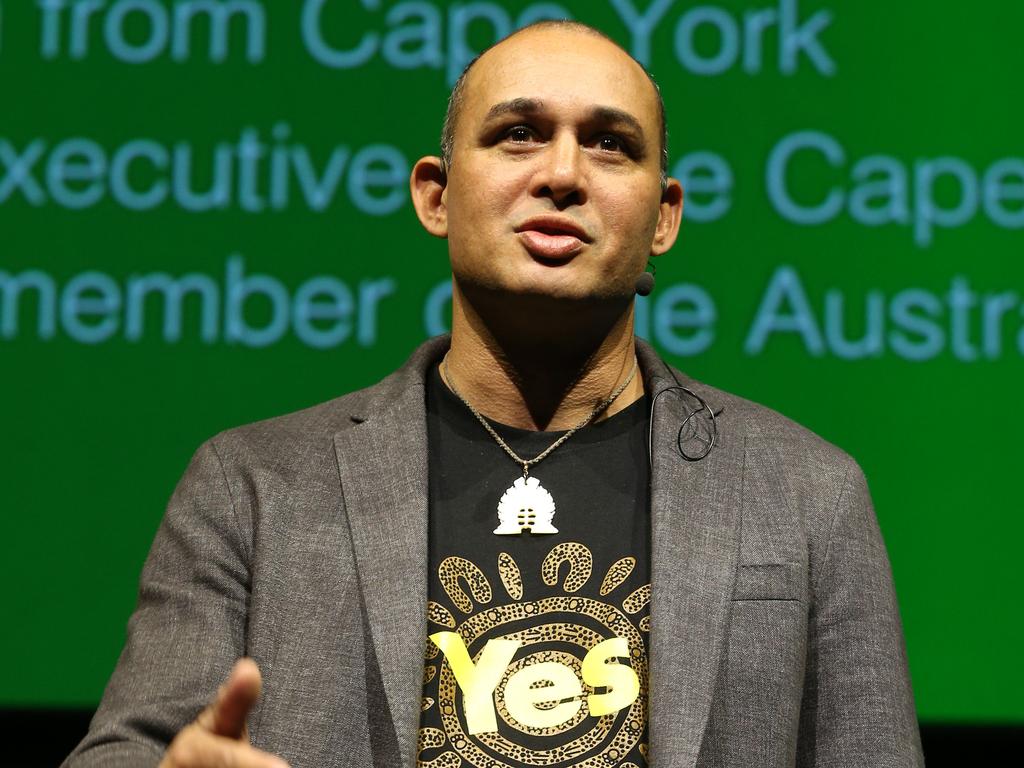

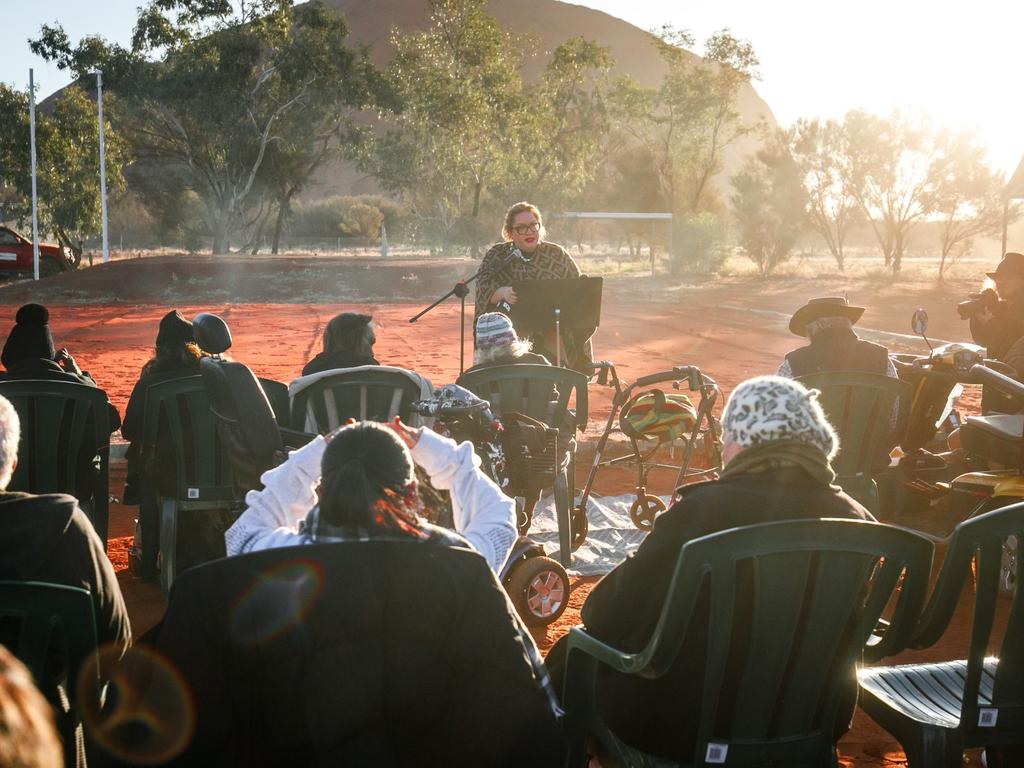


The voice referendum deserves to be defeated on the ethics of conviction and consequences. I write as a proud Australian of Indian heritage. I pay my respects to the Aboriginal communities that have lived here since Dreamtime; but also to the pioneers who established modern Australia as a stable and prosperous democracy, and to the visionary leaders who strove tirelessly to create a society that grants equal citizenship to everyone in a vibrant multicultural country.